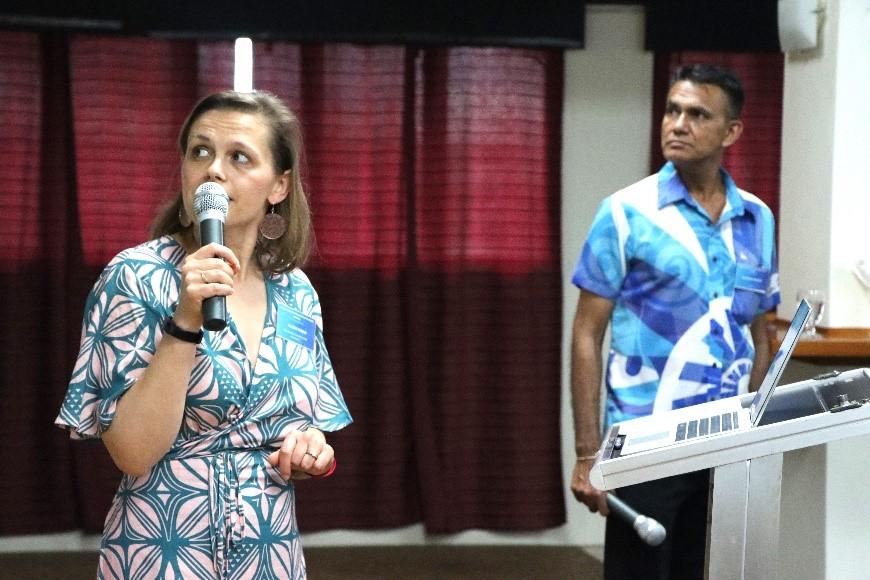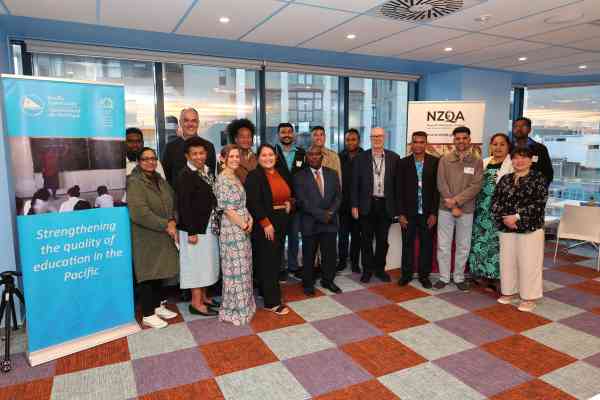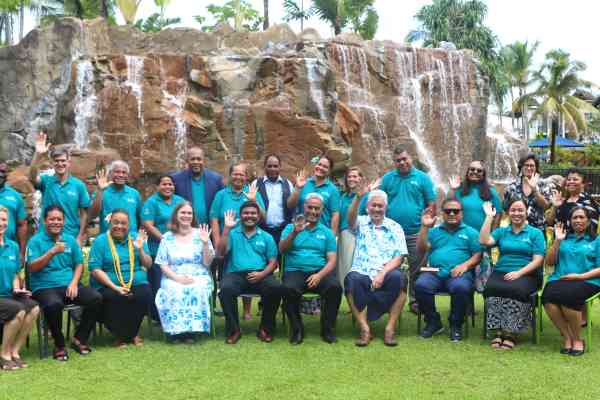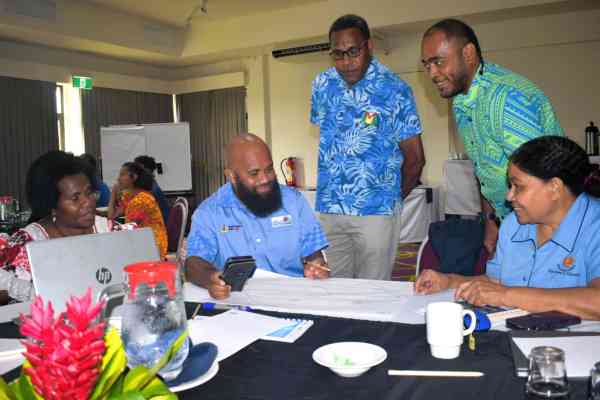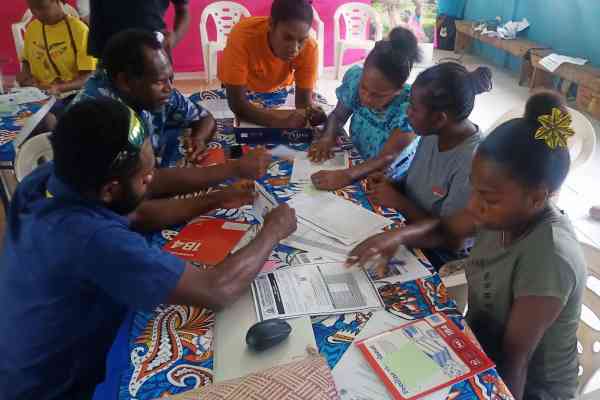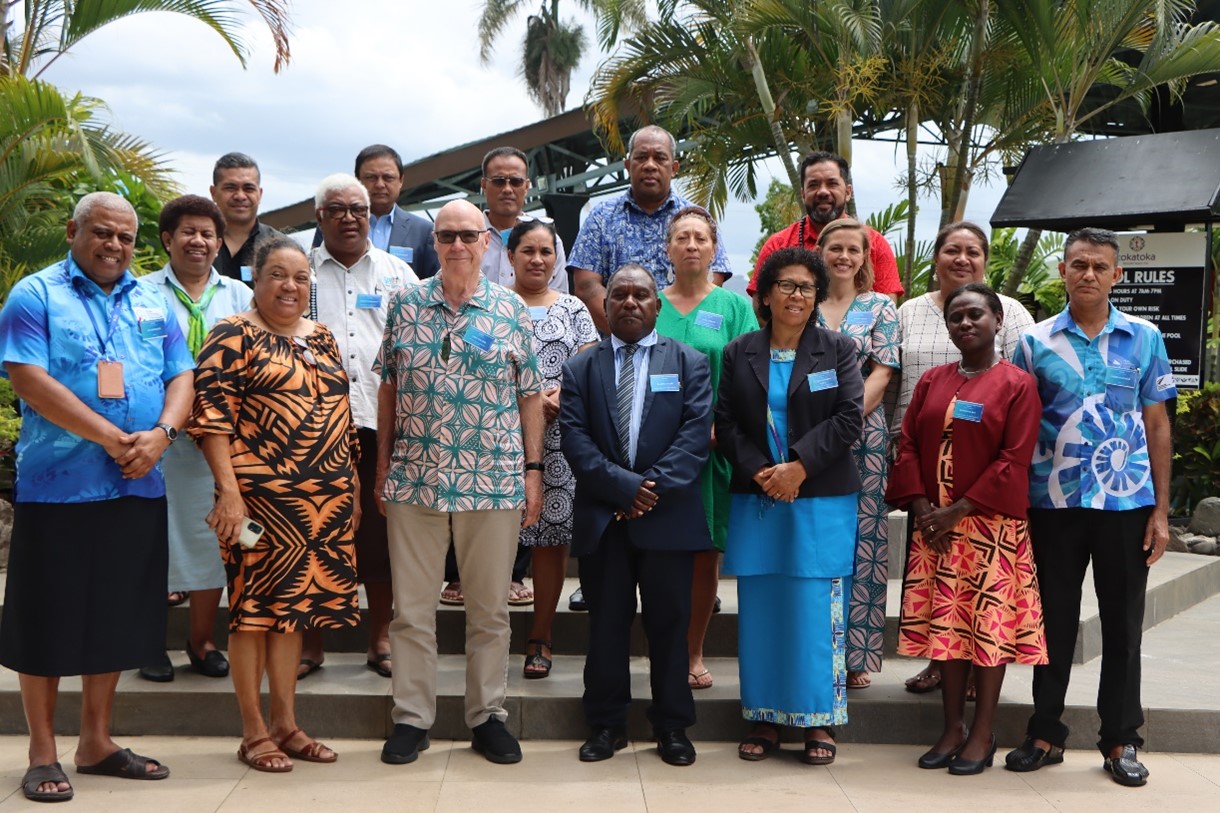
Following a lapse of four years due to COVID-19, the Pacific Qualifications Advisory Board (PQAB) met and discussed the current needs and challenges and prioritised activities that can be undertaken to strengthen quality assurance of higher education and training in the region in November 2023.
The Pacific Community (SPC)’s Educational Qualification and Assessment Programme (EQAP) convened the Pacific Island countries’ heads of National Quality Assurance Agencies and country representatives for a two-day meeting in Nadi to discuss the plans, challenges, and best practices on the quality assurance of post-secondary education and training.
EQAP’s Team Leader for Qualifications, Rajendra Prasad, said this meeting was a key opportunity for the board to discuss the Pacific Qualifications Recognition project and "Its implications for the work that the agencies are currently doing and how it will benefit their national quality assurance systems and support the recognition of qualifications from each country.”
Prasad added that the PQAB typically meets bi-annually to provide updates on the work being carried out in each country and to identify common emerging needs and specific national priorities for which EQAP’s support and assistance may be required.
“However, the last meeting of the PQAB was in November 2019, and the border closure in 2020 - 2021 and the COVID–19 pandemic did not allow EQAP to convene a meeting in 2021,” said Prasad.
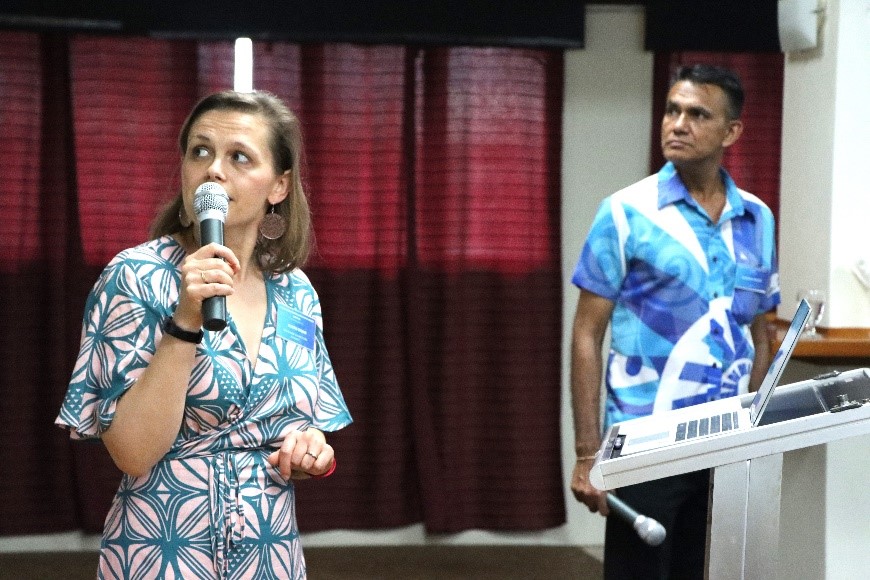
Alison Dittmer Croad, the New Zealand Qualifications Authority (NZQA) project lead, explained that the meeting was important in ensuring the Board’s ownership of and decision-making about the Pacific Qualification Framework, “Is beneficial to nations and helps to build consensus about how to strengthen the Pacific Qualifications Framework so I can operate more effectively.”
Dittmer Croad explained the key outcome of the meeting was the Board’s agreement on the process and criteria for referencing qualifications frameworks and benchmarking qualifications systems to the Pacific Qualifications Framework. This process will be the key activity undertaken in collaboration with Pacific countries that are party to the PACER Plus trade agreement in 2024 – 2025. “We’ve agreed on the criteria and process for doing that and had robust discussions about what the value of the process is and how the nations will benefit from it,” said Dittmer Croad.
Constance Nasi, a member of the Board from Solomon Islands Tertiary Education and Skills Authority (SITESA), also highlighted the significance of the meeting, “the second part of the meeting is looking at the next five-year project on strengthening the Pacific Qualifications Framework to enable the recognition of Pacific qualifications.”
She looks forward to the opportunity and the benefits that Solomon Islands education system will have from the partnership that NZQA has with EQAP.
“It is a step forward in terms of having our systems recognised by other regional or global frameworks, so this is important for us, also in terms of promoting learner and labour mobility across Pacific countries,” said Nasi.
SPC will continue to support EQAP in its guidance and regional support for countries on the quality assurance of higher education and training, with oversight from the Pacific Qualifications Advisory Board (PQAB).
